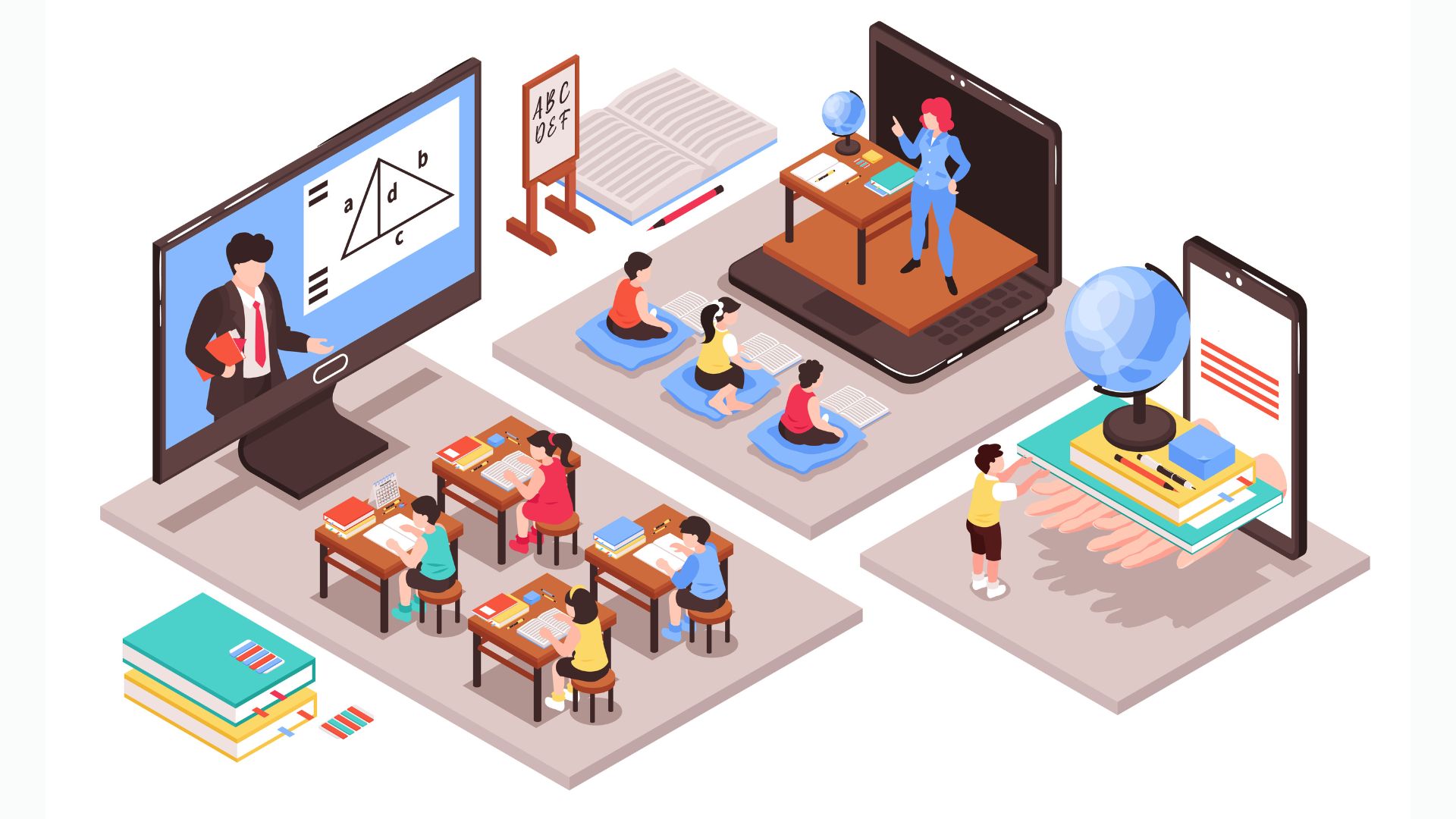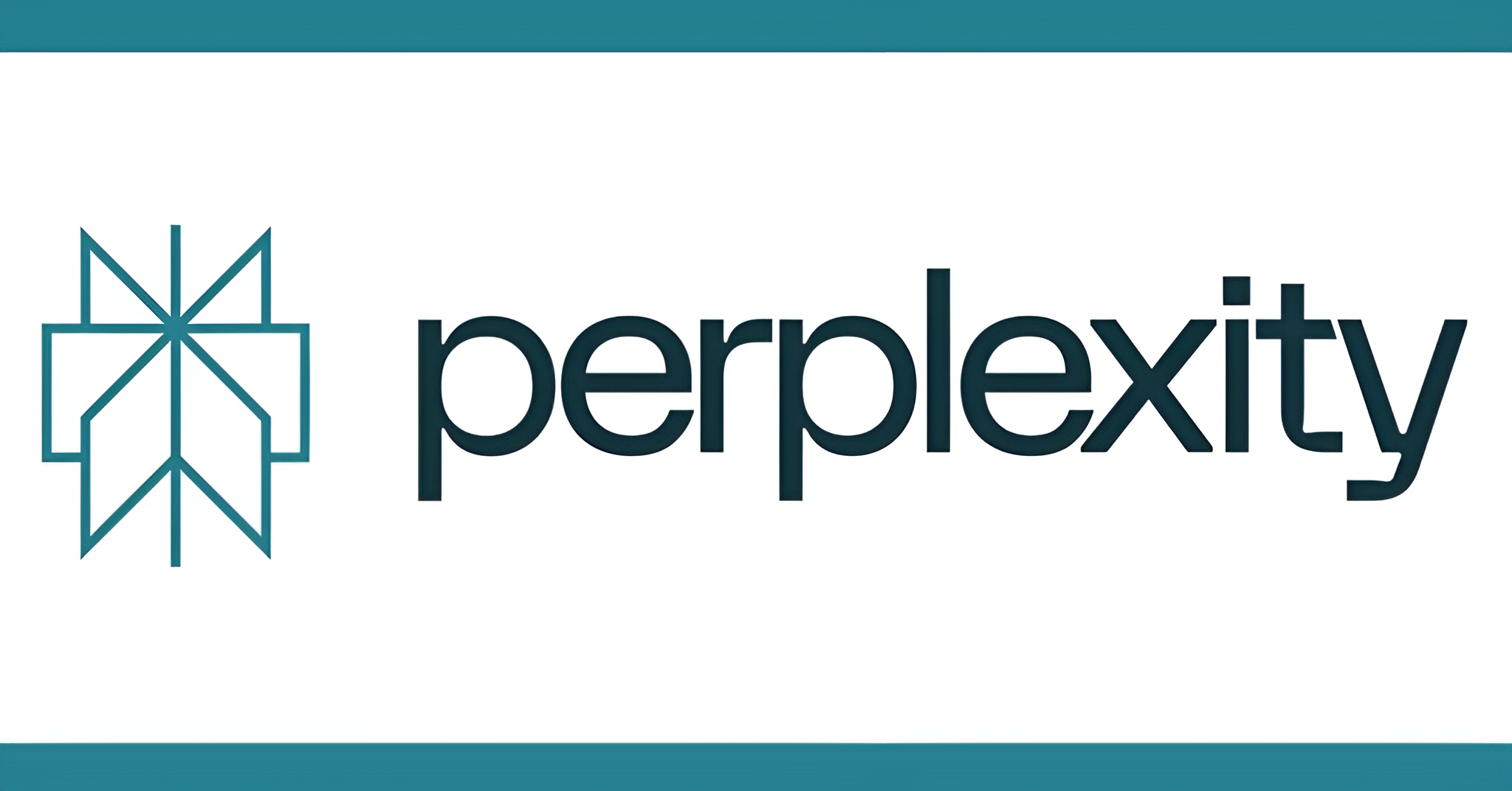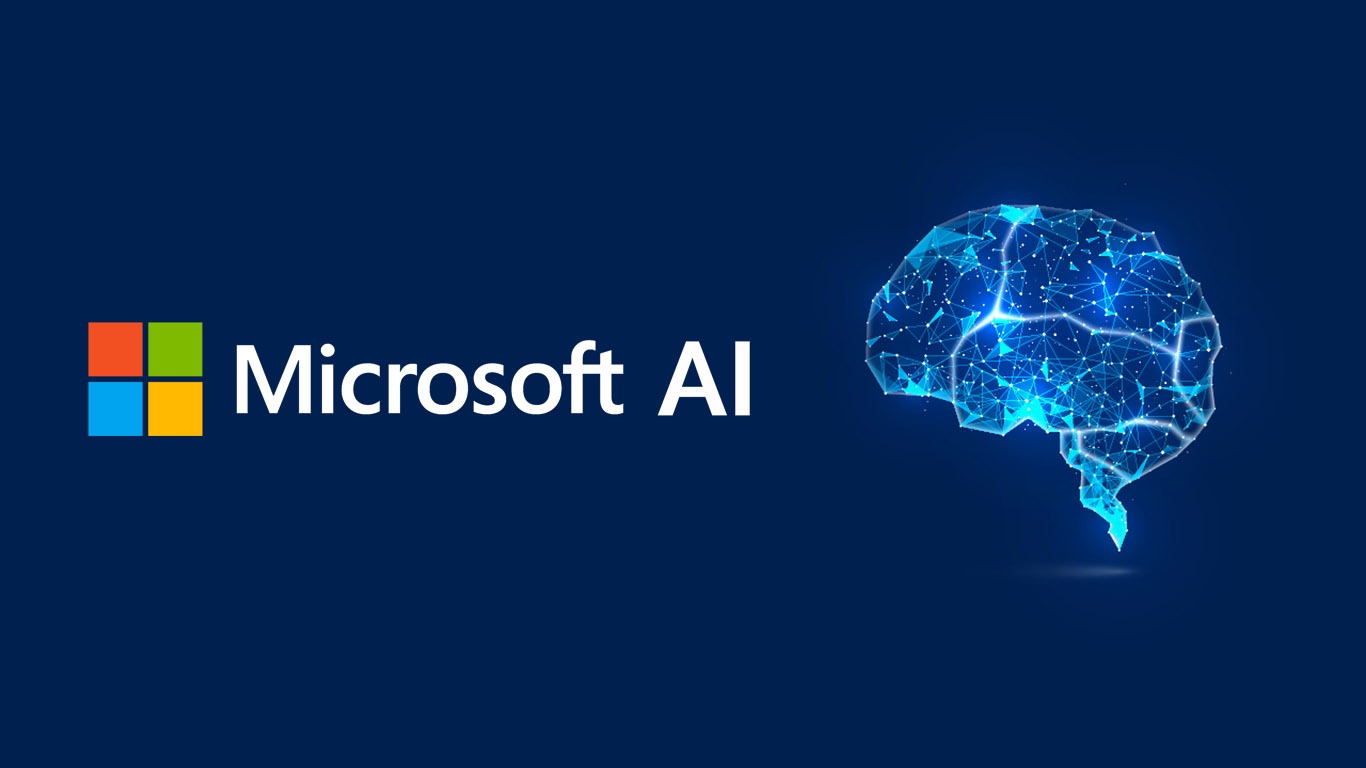Nearly eight in ten UK secondary teachers say AI has forced a rethink of how assignments are set, a British Council survey finds. Many now design tasks either to deter AI use or to harness it constructively in lessons. Findings reflect rapid cultural and technological shifts across schools.
Approaches are splitting along two paths. Over a third of designers create AI-resistant tasks, while nearly six in ten purposefully integrate AI tools. Younger staff are most likely to adapt; yet, strong majorities across all age groups report changes to their practices.
Perceived impacts remain mixed. Six in ten worry about their communication skills, with some citing narrower vocabulary and weaker writing and comprehension skills. Similar shares report improvements in listening, pronunciation, and confidence, suggesting benefits for speech-focused learning.
Language norms are evolving with digital culture. Most UK teachers now look up slang and online expressions, from ‘rizz’ to ‘delulu’ to ‘six, seven’. Staff are adapting lesson design while seeking guidance and training that keeps pace with students’ online lives.
Long-term views diverge. Some believe AI could lift outcomes, while others remain unconvinced and prefer guardrails to limit misuse. British Council leaders say support should focus on practical classroom integration, teacher development, and clear standards that strike a balance between innovation and academic integrity.
Would you like to learn more about AI, tech, and digital diplomacy? If so, ask our Diplo chatbot!









